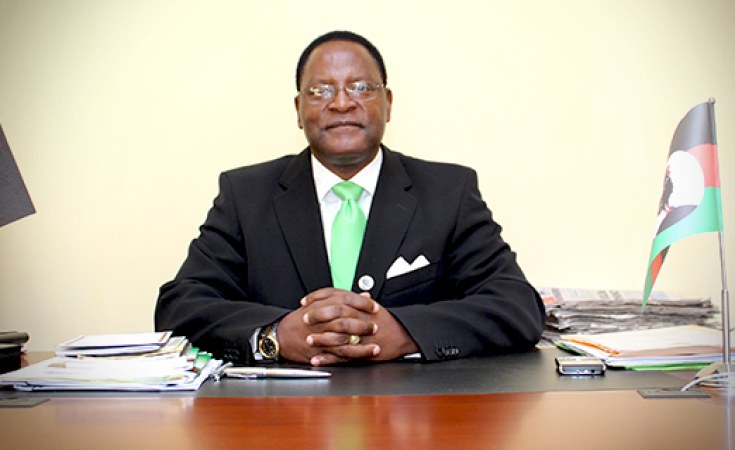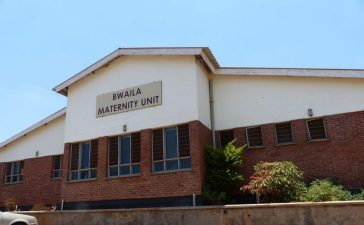As Malawi gears up for the general elections scheduled for September, the Malawi Congress Party (MCP) has taken noteworthy strides in reinforcing its commitment to democratic ideals through its planned primary elections. The strategic organization of these primaries not only reflects the MCP’s responsiveness to the electorate’s will but also sets a precedent for transparent political processes in the nation.
The MCP has announced a decision to implement a two-phase primary election system, commencing in February. According to the party’s spokesperson, Jessie Kabwira, primaries in constituencies with incumbent Members of Parliament will be held in mid-April, while those in constituencies without sitting MPs will take place in mid-February.
This highlights the MCP’s intention to engage party members and grassroots supporters in selecting candidates who genuinely represent the electorate’s preferences. Jessie Kabwira, the party’s publicity secretary, made it clear that the forthcoming elections will prioritize the voices of the constituents, ensuring that candidates are not simply foisted upon them as part of a top-down approach. This grassroots engagement is vital in a democratic society, where political leaders should emerge from and be accountable to the communities they represent.
This foresight could prove essential in a landscape where every vote counts and where garnering the elusive 50+1 majority is critical for any party looking to secure a mandate to govern. The renewed emphasis on conducting fair and free elections is echoed by various stakeholders, including the National Initiative for Civic Education (NICE) and political experts who are urging all political parties to uphold democratic tenets. In a time where political trust can be fragile, the MCP’s proactive measures serve as a vital corrective to the often problematic narratives surrounding party primaries in Malawi’s political history.
Further enhancing its democratic credentials, the MCP stands out as the first party to announce and conduct an inclusive convention last year, electing its leadership through a delegate process. This was a crucial step towards instilling confidence in the party’s governance and structural integrity. This early action not only allows the party to establish a clear leadership trajectory but also catalyzed a ripple effect, prompting other parties like the Democratic Progressive Party and UTM to follow suit, albeit at a later stage. Such developments indicate an emerging culture of democratic practice among Malawian political entities.
The MCP’s actions during this critical period will ultimately reflect not only its readiness to lead but its commitment to the democratic fabric of the country. By fostering an environment of inclusive decision-making, the MCP is not merely preparing for elections; it is also laying the groundwork for a stronger and more vibrant democracy in Malawi.
The hope is that all political parties will take note of MCP’s strategies and adhere to the principles of fair play and transparency because for a true democracy to thrive, it is essential for all stakeholders, including political parties, civil society, and the electorate, to work together towards common goals of fairness and accountability.













